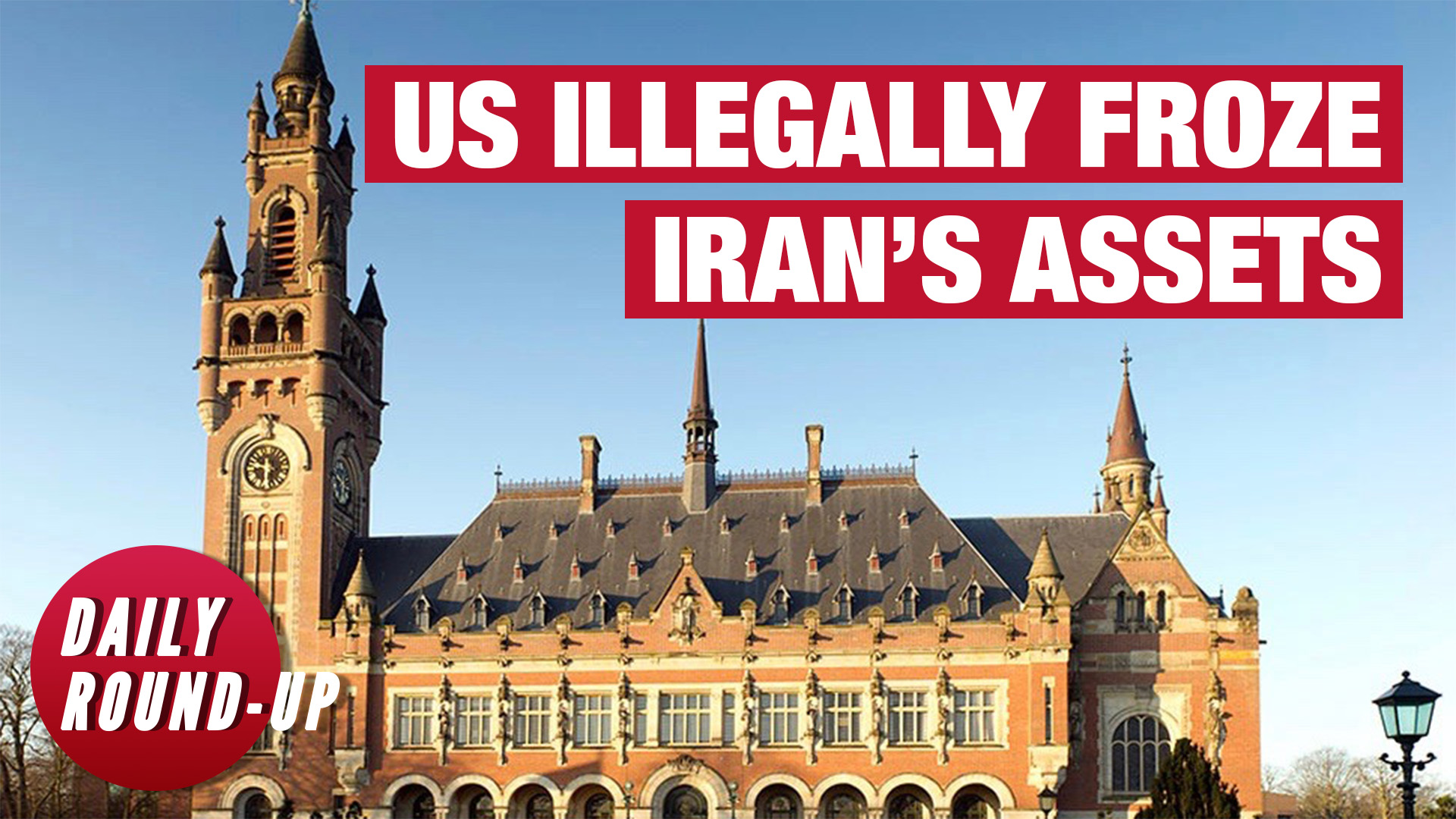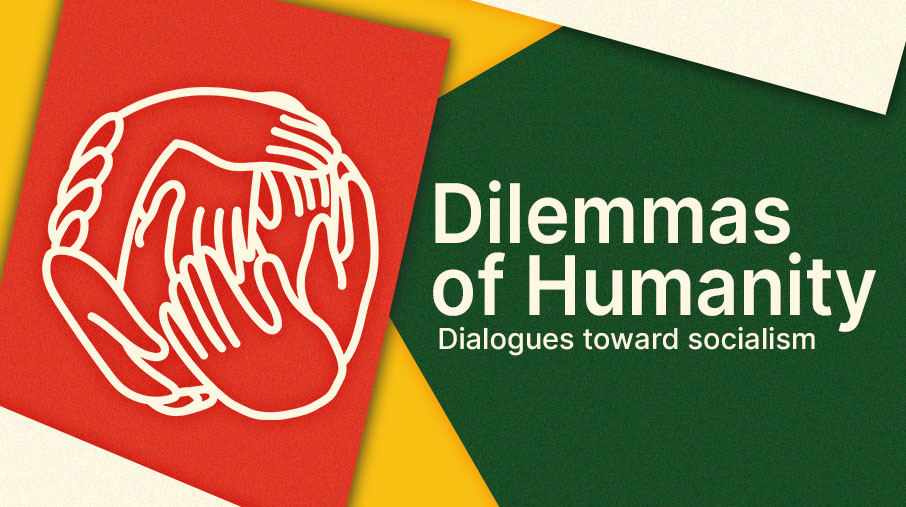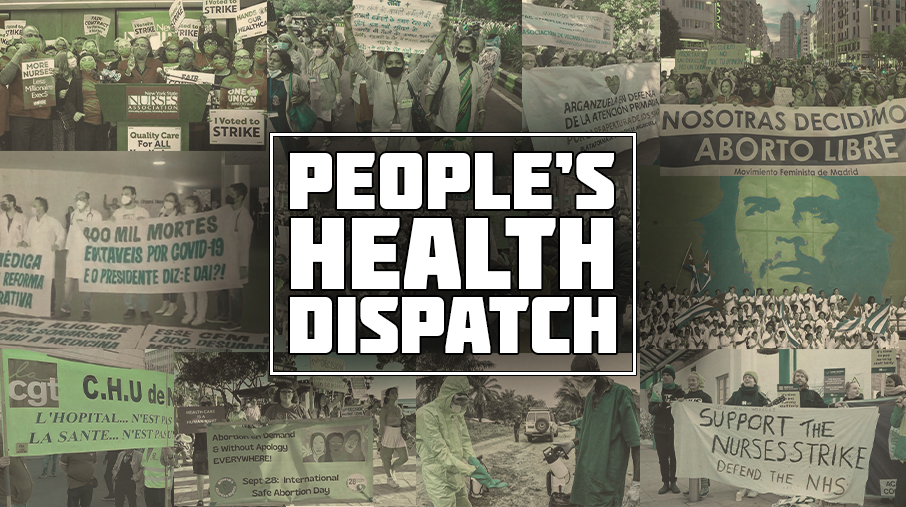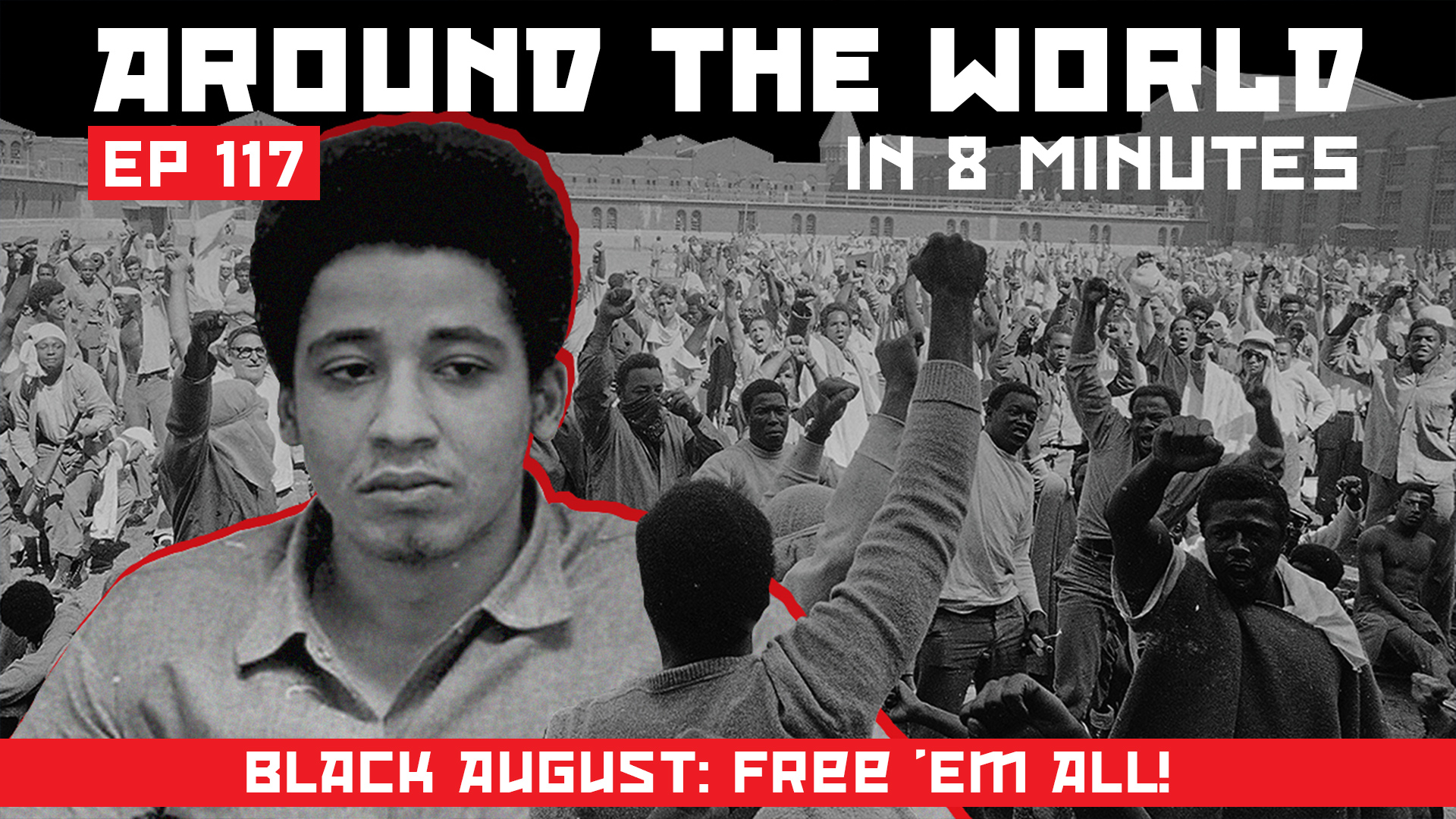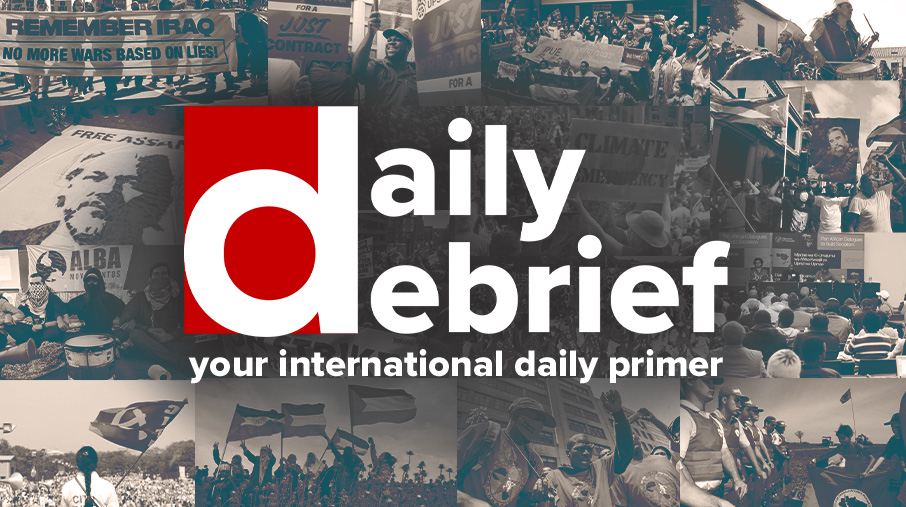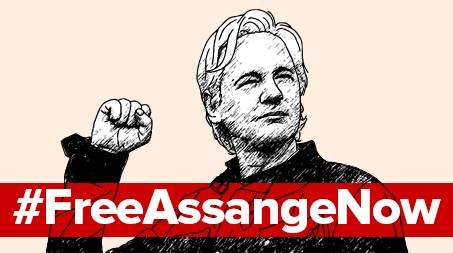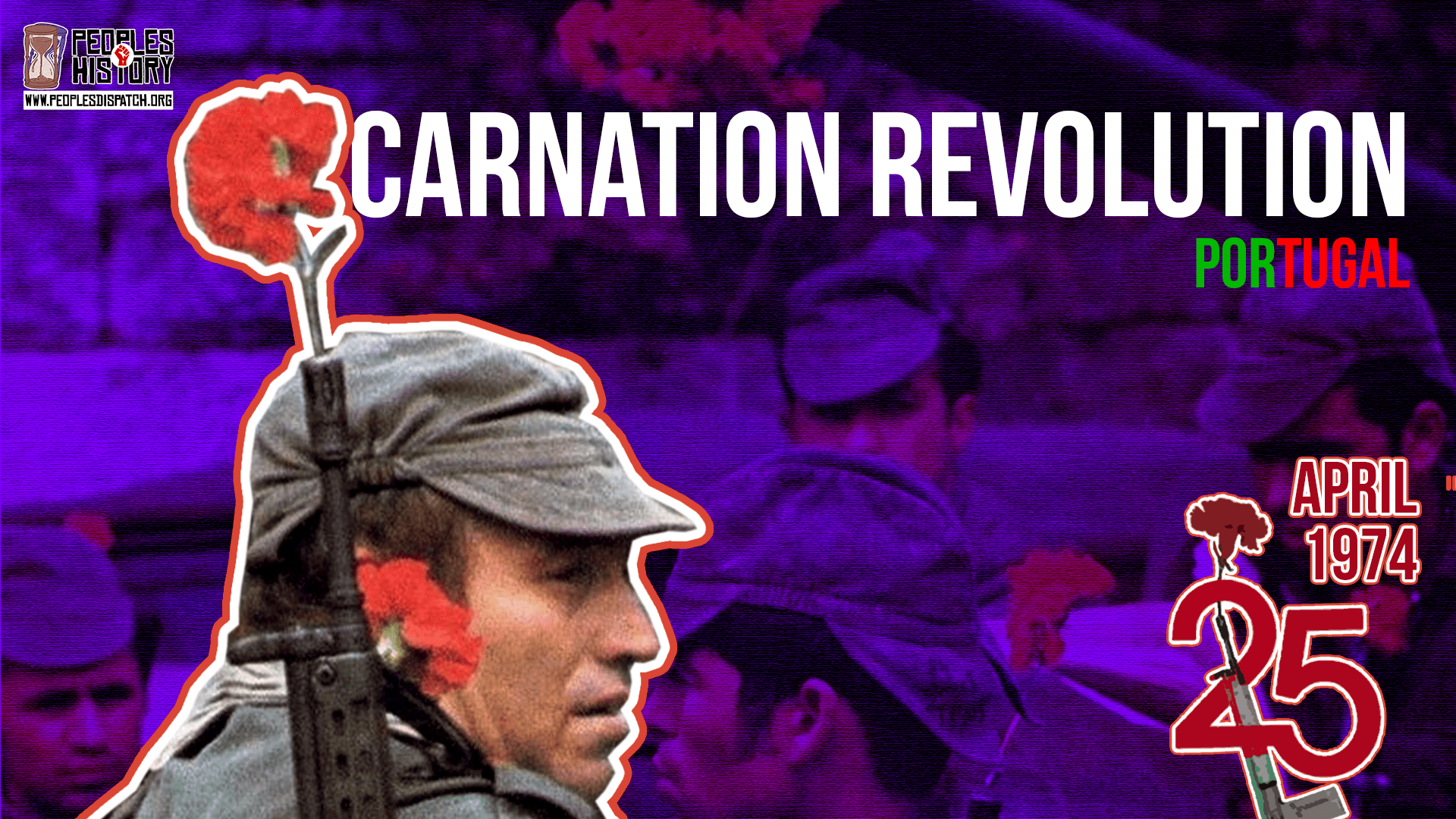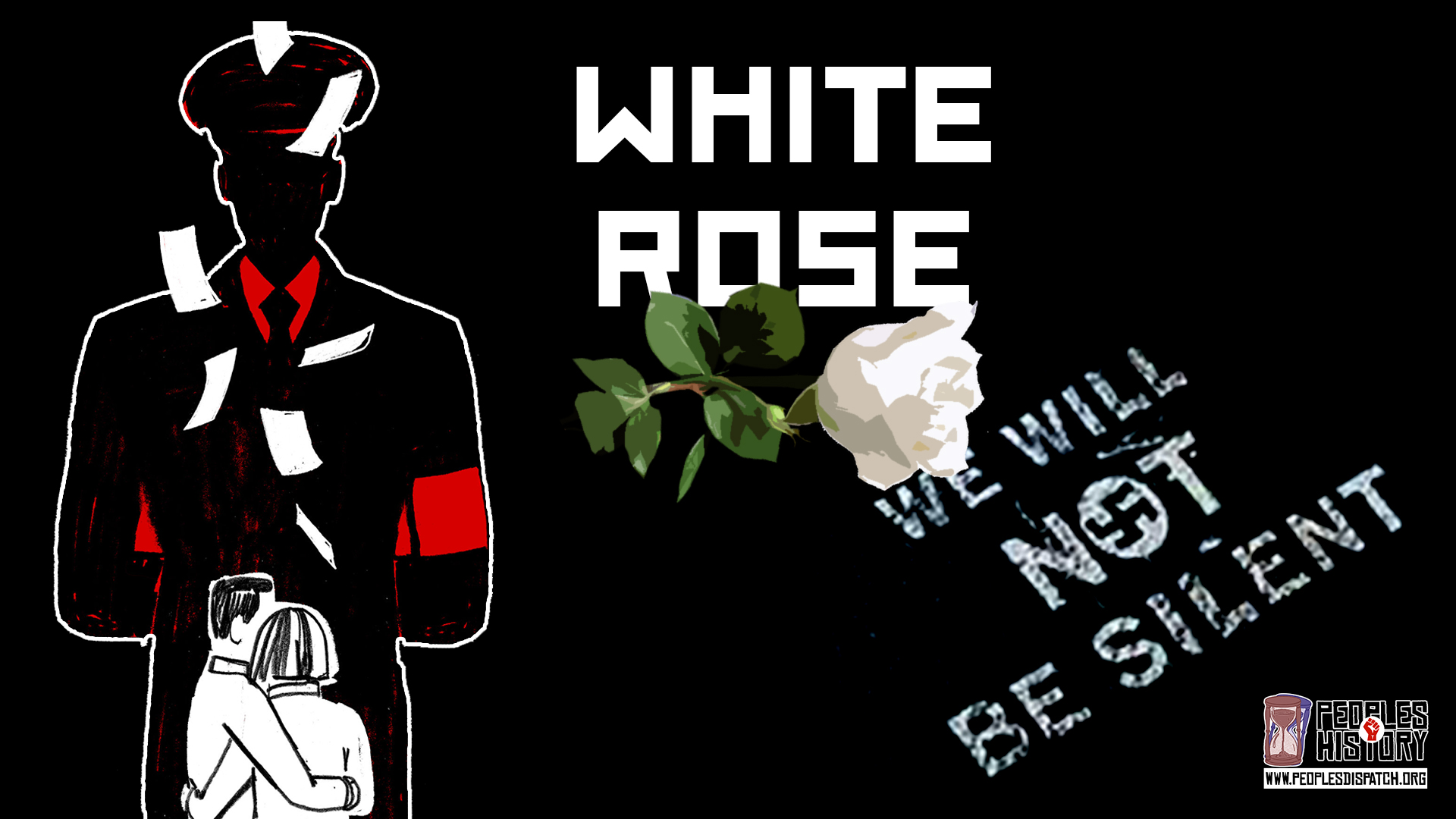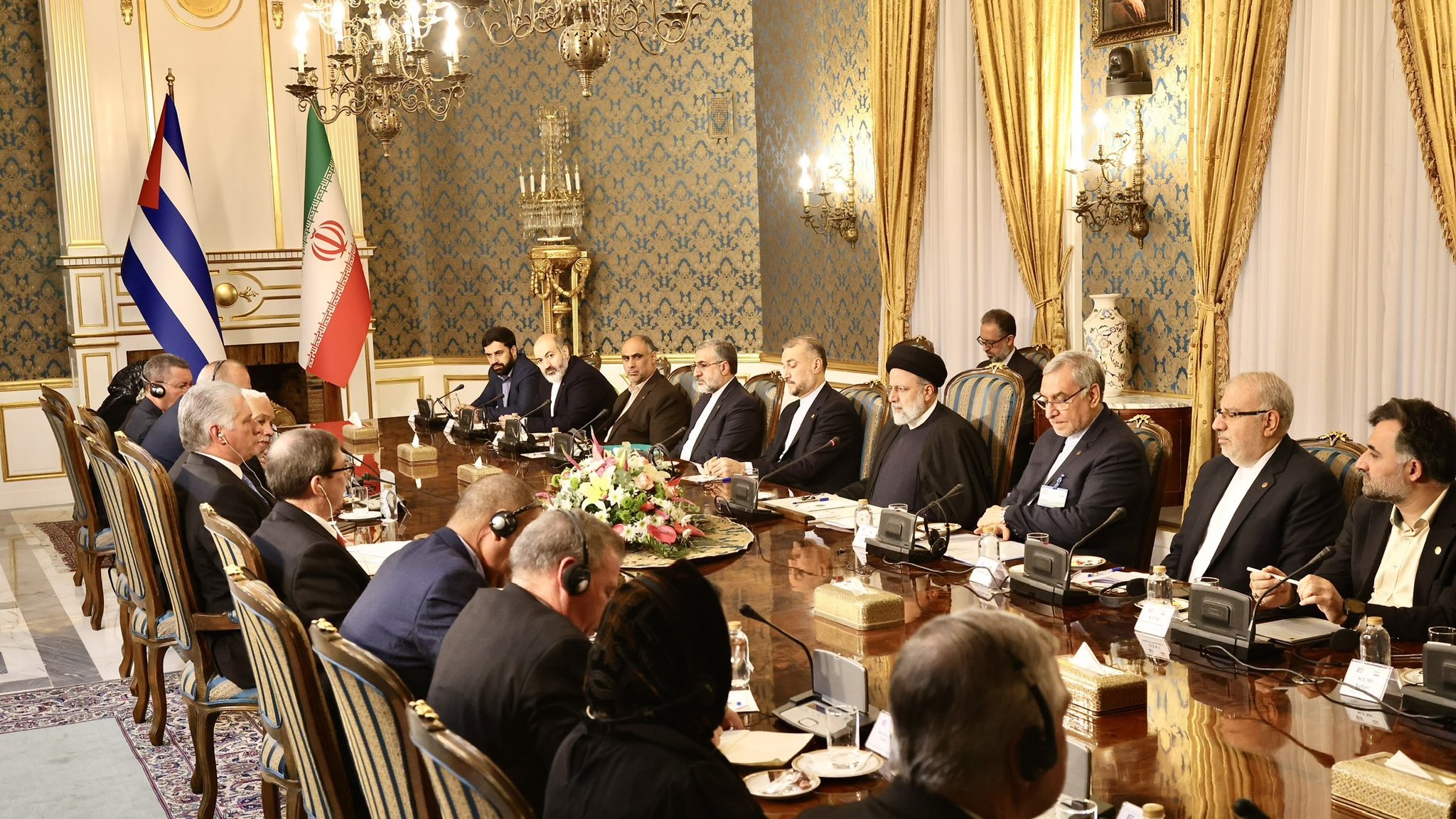 Iran and Cuba call for a global coalition to protect Palestinian rights
Iran and Cuba call for a global coalition to protect Palestinian rights
Cuba and Iran have also increased their bilateral cooperation to counter the effects of illegal unilateral measures imposed on them by the US.
 How sanctions affect the poor and vulnerable
How sanctions affect the poor and vulnerable
In this video, we take a look at the politics behind sanctions, how they have become the preferred choice of the US to exert pressure on its rivals and bring about regime change, and how they affect the poor and vulnerable the most
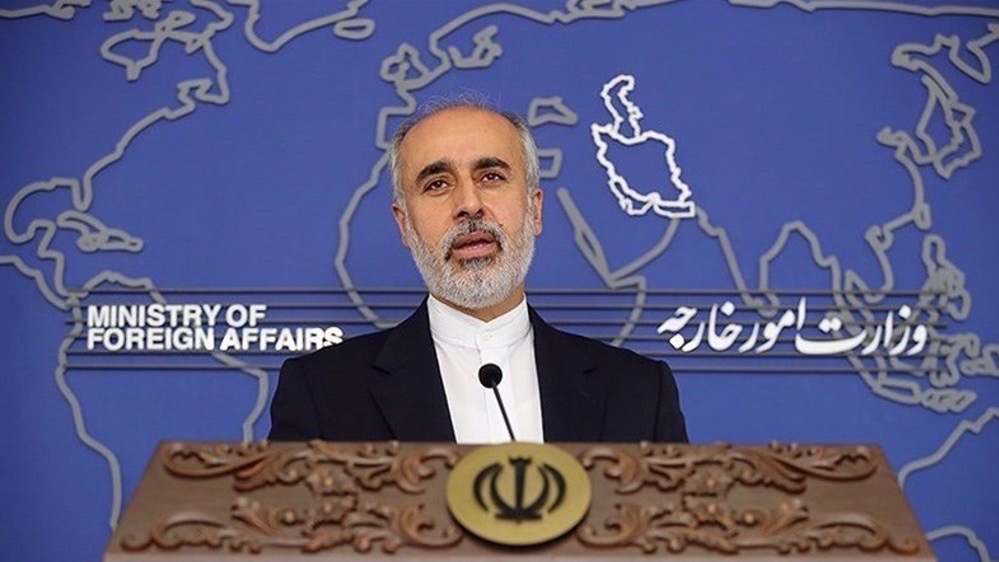 Iran starts enriching uranium at 60% purity in response to IAEA resolution
Iran starts enriching uranium at 60% purity in response to IAEA resolution
Iran has maintained that the IAEA resolution questioning its cooperation with the agency is politically motivated and was adopted under the pressure from the US, France, Germany, and the UK
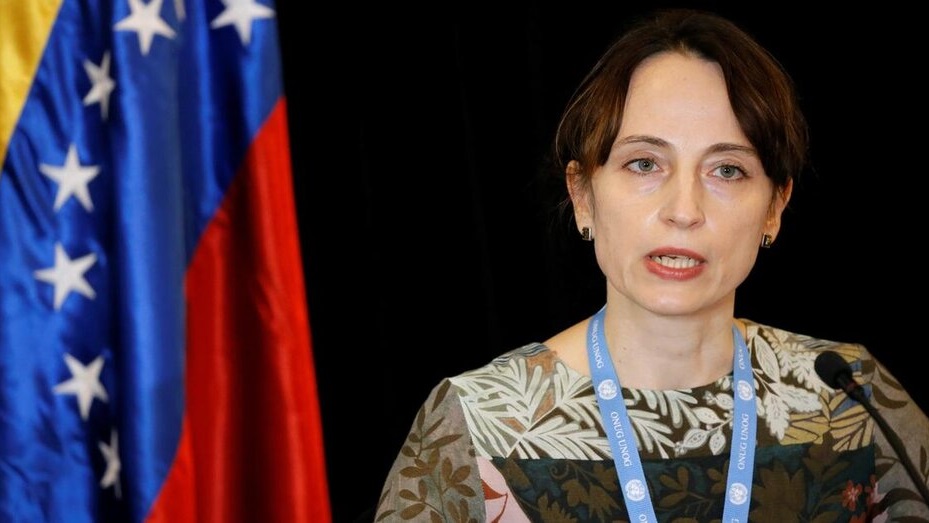 UN Special Rapporteur calls for the end of all unilateral sanctions against Iran
UN Special Rapporteur calls for the end of all unilateral sanctions against Iran
Alena Douhan also expressed the need to create a legal framework to prevent countries such as the US taking unilateral action against others
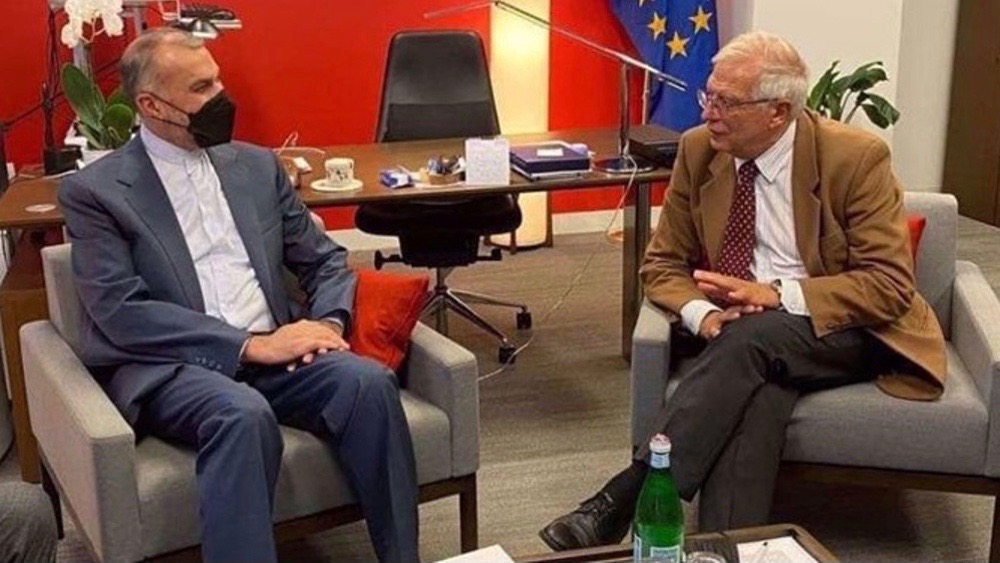 Rift emerges between the US and EU over fate of Iran nuclear deal?
Rift emerges between the US and EU over fate of Iran nuclear deal?
On the same day when EU officials insisted on the deal’s revival, Brett McGurk, US President Joe Biden’s aide on the Middle East, said that the revival is “highly unlikely” and hinted at more sanctions against Iran
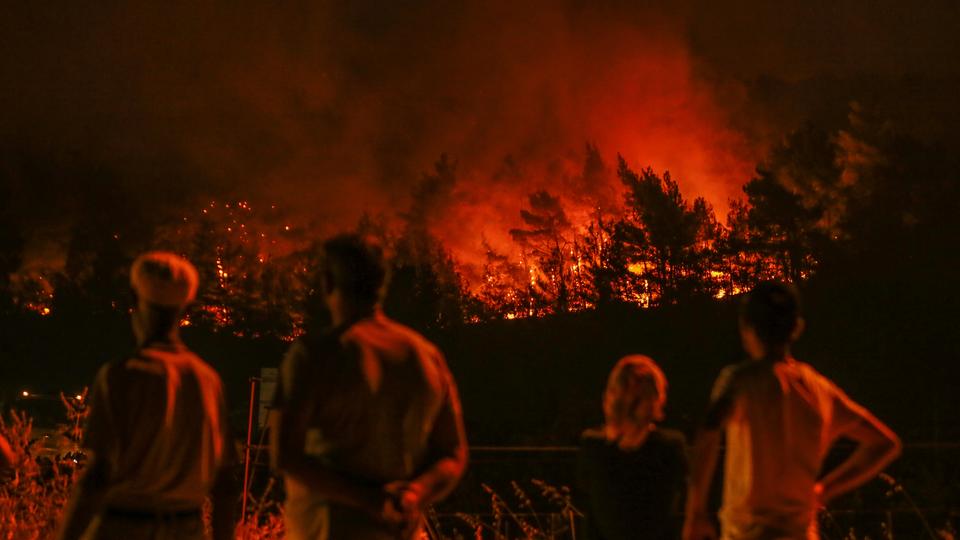 Fight against climate change in West Asia and North Africa hampered by wars and foreign intervention
Fight against climate change in West Asia and North Africa hampered by wars and foreign intervention
Several countries in the region are facing prolonged droughts, increased desertification and phenomenal rise in temperature which is gradually turning the region inhabitable. Natural calamities also feed into existing conflicts.
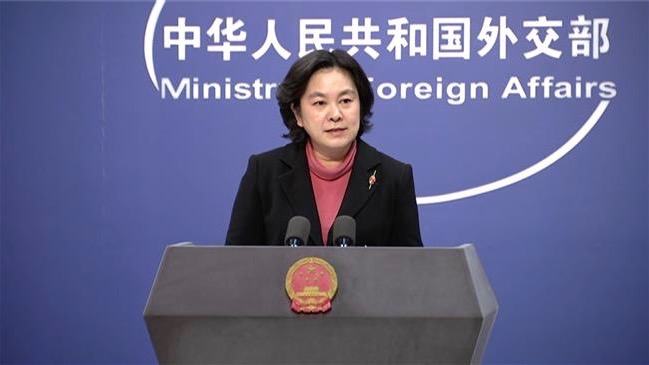 China urges US to rejoin Iran nuclear deal
China urges US to rejoin Iran nuclear deal
Chinese foreign ministry spokeswoman Hua Chunying urged the incoming Biden administration to rejoin the Joint Comprehensive Plan of Action (JCPOA) “as early as possible” and without any preconditions
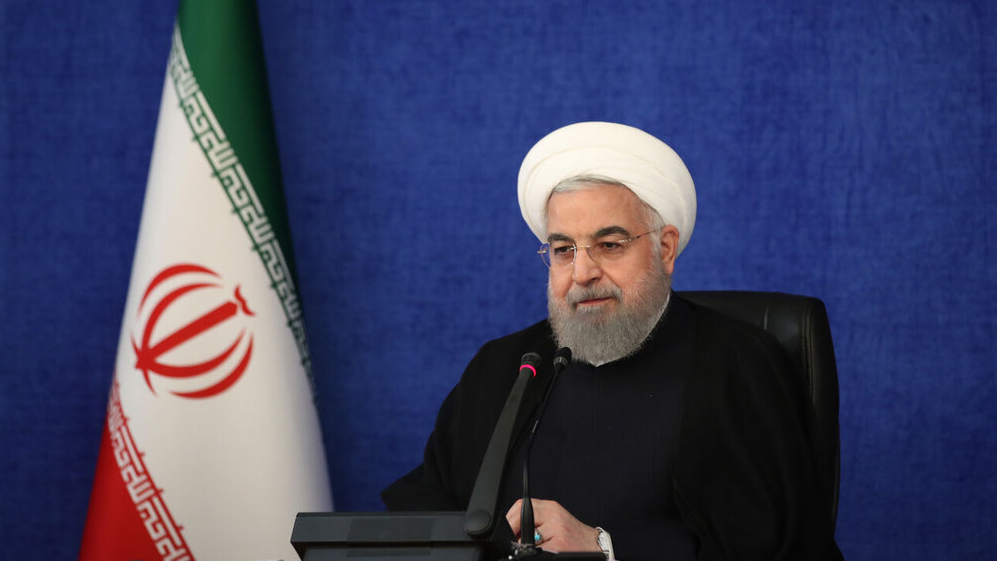 Iran offers full commitment to JCPOA if Biden decides to re-join the nuclear deal and lift all sanctions
Iran offers full commitment to JCPOA if Biden decides to re-join the nuclear deal and lift all sanctions
The Trump administration unilaterally withdrew from the deal in May 2018 and imposed various sanctions against Iran without any international approval
 Iran says fresh US sanctions on banking sector are an attempt “to starve its people”
Iran says fresh US sanctions on banking sector are an attempt “to starve its people”
On Thursday, the US treasury department blacklisted 18 major Iranian banks in the latest assault as part of its so-called maximum pressure campaign against the country


